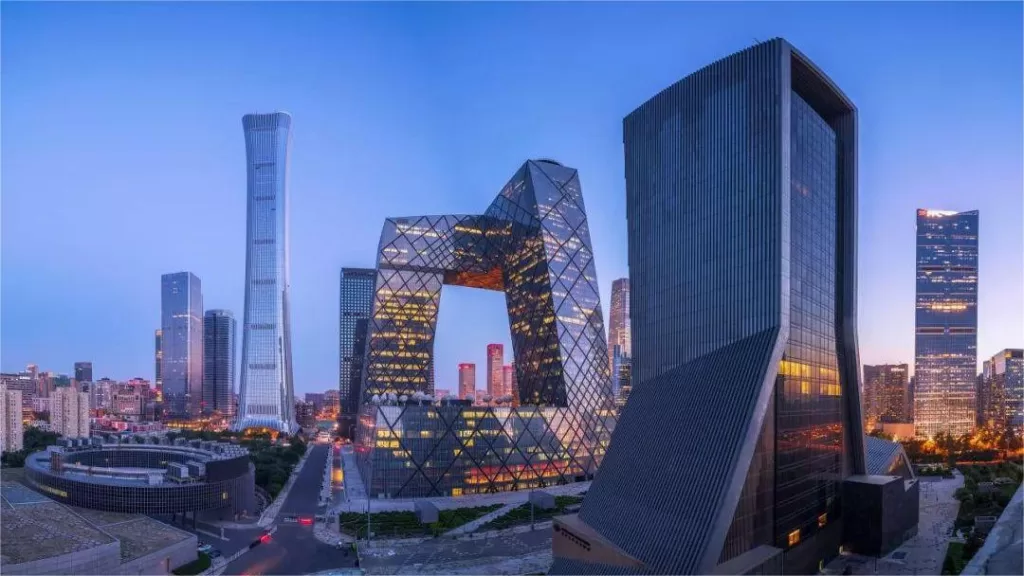Beijing, officially known as the Beijing Municipality, is the capital city of the People’s Republic of China. It is not located within any province but is a directly administered municipality. Beijing is one of the four national central cities of China, which means it holds equal administrative status with a province, reporting directly to the central government. Here’s a detailed introduction to Beijing:
Location: Beijing is situated in the northern part of China, in the northeastern region of the North China Plain. It borders Hebei Province to the north, west, and south and Tianjin Municipality to the southeast. It is also located relatively close to the Bohai Sea.
Historical Significance: Beijing has a rich history dating back over 3,000 years. It has served as the capital of China for much of its history, with a significant break during the early years of the People’s Republic of China when Nanjing briefly held the title. Notable dynasties, such as the Yuan, Ming, and Qing, had their capitals in Beijing, leaving a legacy of historical and cultural landmarks.
Administrative Status: Beijing is a centrally administered municipality directly under the jurisdiction of the central government of China. This means it has a unique administrative structure that combines elements of a province and a city. It has the authority to govern its own districts and counties and enact its policies, distinct from neighboring Hebei Province.
Political Significance: As the capital city of China, Beijing plays a crucial role in the country’s political landscape. It is the political center of the nation, housing the central government’s key institutions, including the National People’s Congress, the State Council, and various ministries and commissions.
Cultural Attractions: Beijing is known for its cultural and historical attractions. The city is home to several UNESCO World Heritage Sites, including the Forbidden City, the Temple of Heaven, and the Summer Palace. The Great Wall of China also runs through the northern part of the municipality.
Economic Hub: Beijing is one of China’s major economic and technological hubs. It is home to numerous headquarters of state-owned and private enterprises, financial institutions, and high-tech companies. Zhongguancun, often referred to as China’s Silicon Valley, is located in Beijing.
Education and Research: Beijing is a center for education and research, housing some of China’s most prestigious universities, including Peking University and Tsinghua University. The city is known for its emphasis on science and innovation.
Transportation: Beijing is well-connected by a network of highways, railways, and the Beijing Capital International Airport, one of the busiest airports in the world. The city’s public transportation system includes an extensive subway network and a vast bus system.
Modern Development: In recent decades, Beijing has undergone significant modernization and urban development. The city hosted the 2008 Summer Olympics, leading to the construction of impressive infrastructure and architectural landmarks.
In summary, Beijing is a historically and culturally significant city in China, serving as the nation’s capital and a major center for politics, culture, education, and technology. It has a unique administrative status as a directly administered municipality, distinct from any province, and continues to play a pivotal role in China’s development and global prominence.

